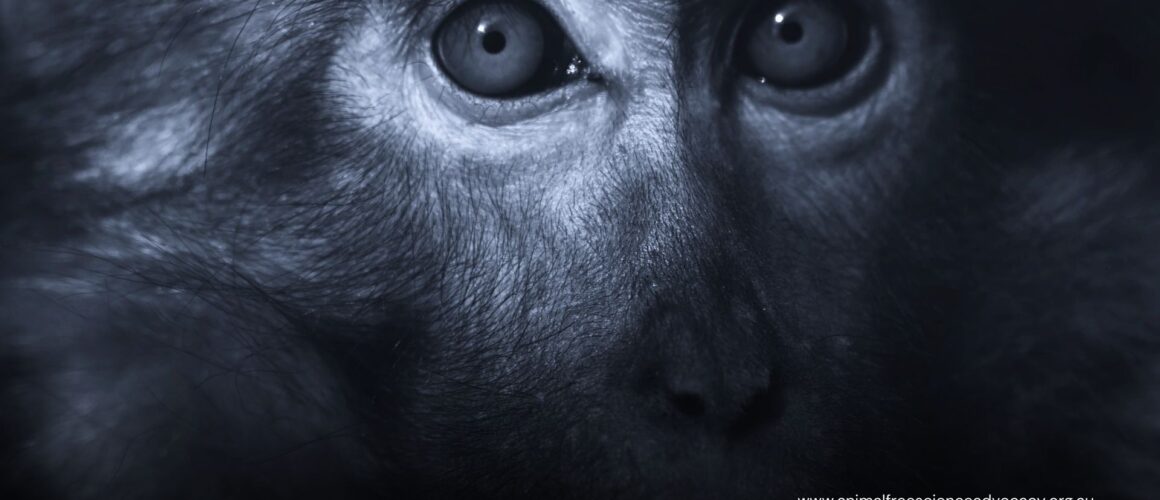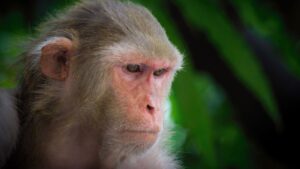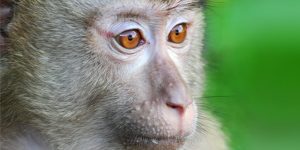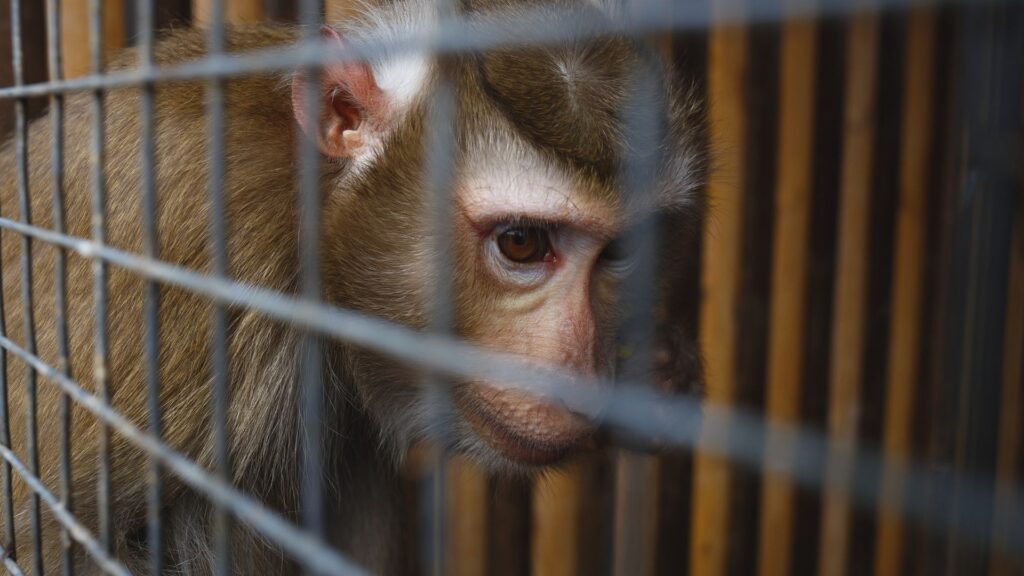
Ban Primate Experiments
Hidden away in Australian research laboratories, hundreds of primates are being used in a variety of biomedical experiments. They are subjected to a wide range of procedures including brain and vision experiments, human immunodeficiency virus (HIV), studies and heart research.
These primates – macaques, marmosets and baboons – are sourced from three research-specific breeding colonies located within Australia.
Aside from the clear ethical dilemma of using animals with high cognitive abilities and well-developed social structures as mere ‘tools for research’, the use of primates has been found to be poorly predictive of human outcomes and their use has proven to be ineffective at providing substantial contributions to biomedical research.
Primates are sentient beings – not tools for research!

Non-human primates are genetically the closest living creatures to humans. Their sentient ability is thought to be very similar to ours as primates have complex social interactions. They have the ability to form and remember relationships, remember behaviours, mirror tasks, and even make predictions about future interactions. Like humans, primates have a communicative language, they use gestures, facial expressions and body language to interact with one another and their cognitive ability has been argued to rival that of a young child.
It is these sentient, genetic and cognitive similarities to humans which see primates used as models for scientific testing. However, by this same logic, it is exactly these characteristics which show that primates have the ability to suffer both physical and psychological pain. Considering the similarities that humans and primates share, it is unethical to continue testing on them.
They are sentient beings – not “tools” for research!
Help us End Primate Experiments
Animal-Free Science Advocacy is specifically calling for:
- The replacement of primate experiments with more humane and scientifically-valid (non-animal) methods of research
- A ban on the importation of primates for research
- Establishment of a primate sanctuary for ex-laboratory animals.
What you Can Do
- Make a one-off donation to support the Ban Primate Experiments campaign, or become a monthly donor to help us continue with our important work.
- Subscribe to our eNews at the bottom of the page
- Follow us and share our posts on social media.
- Purchase a Maurice the Monkey from our shop.
- Take the suggested actions in our primate case studies.
Stay informed
Sign up to our newsletter for all the latest news and SMS campaign alerts.
"*" indicates required fields
© 2024 Animal-Free Science Advocacy | ABN 17 208 630 818 | Privacy Statement | Terms & Conditions




